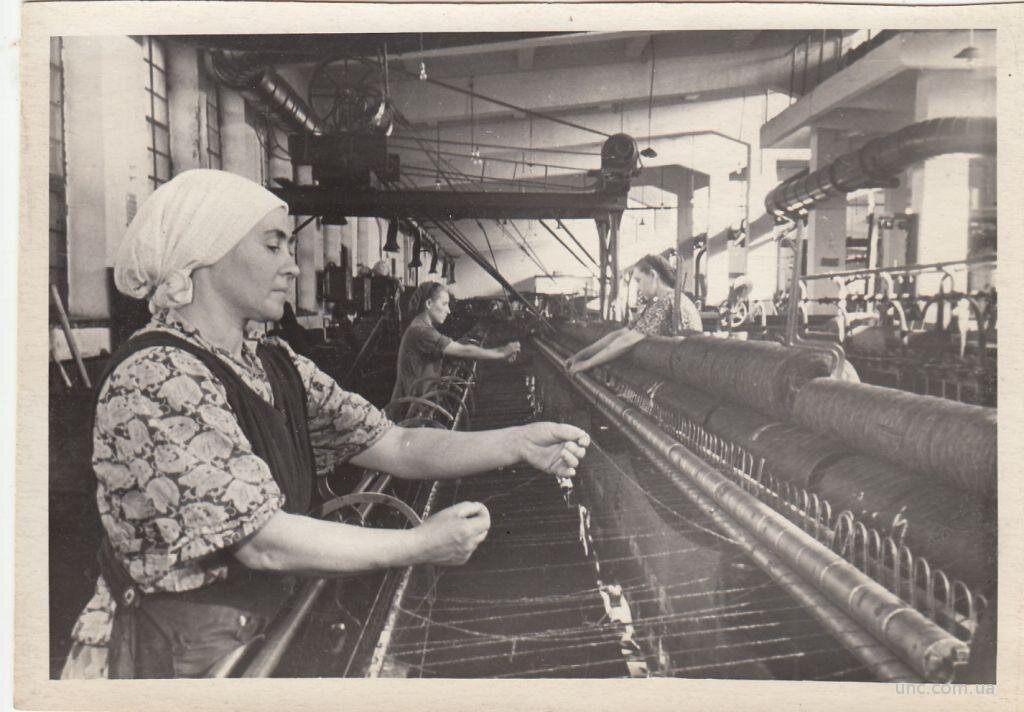Labor once enjoyed a pride of place in Soviet society. Even in Anglo-American Soviet historiography, labor history had a heyday in the 1980s and 90s. And in the sense of an economic category, of people selling their labor for a wage, the working class still constitutes a majority of the post-Soviet population As a source of people's identity, however, it has been battered not only by neoliberal reforms but also by the discourses nationalism and Westernization dominant in the region for the last three and a half decades. While many industrial jobs, where that identity was traditionally forged, have been destroyed in the transition to capitalism, precariously or informally employed workers in many new, service-oriented types of jobs have yet to be convinced that they are workers and their problems can be solved through collective action.
In post-Soviet world countries, labor has disappeared from mass media representations and conventional means of political power at a faster rate than elsewhere in the world. Moreover, Today the number of historians and social scientists working on such topics in the successor states has severely shrunk.
This interview will approach the topic of late/post-Soviet labor via both academic and personal lens. The scholars we will be interviewing were also activists who not only wrote about the (post-)Soviet working but also tried, in the 1980s, 90s, and 2000s, to engage the labor movements in Russia and Ukraine, connect them to their Western counterparts, and establish educational initiatives that would support them. In this interview, they will be thus reflecting on both their scholarship and personal experience.
This event will be hosted virtually as a Zoom meeting.
Karine Clément is a French sociologist, who spent 25 years in Russia from 1993 to 2019. She has been doing research on the Russian working class, social grassroots mobilisations and social inequality. She taught in several universities in Russia, the last one being the Faculty of Liberal Art and Sciences at the Saint-Petersburg State University. Expelled from Russia in 2019, she then studied the Yellow vest movement in her native region of Lorraine (East of France), where she was struck by some obvious similarities with the Russian working classes. She is the author and co-author of many books in Russian and French, including the following: Clément K., 2021. Patriotizm snizu. «Kak takoe vozmožno, čtoby lûdi žili tak bedno v bogatoj strane?» [Patriotism from Below. "How is it possible that people live so poor in such a rich country? ], Clément K., 2000. Les ouvriers russes dans la tourmente du marché, Paris, Syllepse, Clément K. (ed.), Miryasova O., Demidov A., 2010. Ot obyvatelej k aktivistam: zaroždaûŝiesâ social'nye dviženiâ v nynešnej Rossii [From ordinary people to activists: Emerging social movements in contemporary Russia], Moscow, Tri kvadrata.
David Mandel is a retired professor of Political Science from l’Université du Québec à Montréal, who specializes in Soviet and Post-Soviet politics and society. He has written books and articles that focus on workers and their struggles in the revolutionary (1917-18) and post-Soviet periods. A longtime socialist and union activist in his native Canada, he has been involved in trade-union education with the School for Workers' Democracy for many years in Russia, Ukraine and Belarus.
Simon Pirani is honorary professor at the University of Durham. He has travelled to Russia and Ukraine continuously since 1990. He is author of The Russian Revolution in Retreat: Soviet workers and the new communist elite (2008), Change in Putin's Russia: power, money and people (2009), and numerous articles on labour, energy and economy in Russia and Ukraine. He blogs at peoplenature.org.
Sopo Japaridze is the chair of Solidarity Network, an independent care workers union in Georgia. She has been a labor organizer for over a decade. She researches and studies labor and social relations and writes for various publications. She also co-founded the Soviet Georgia history initiative and podcast, Reimagining Soviet Georgia.
Rossen Djagalov is an associate professor of Russian and Slavic Studies at New York University. He works on the history of leftist culture, Cold-War media, and multinational Soviet literature. He is the author of From Internationalism to Postcolonialism: Literature and Cinema between the Second and the Third World (2020).



